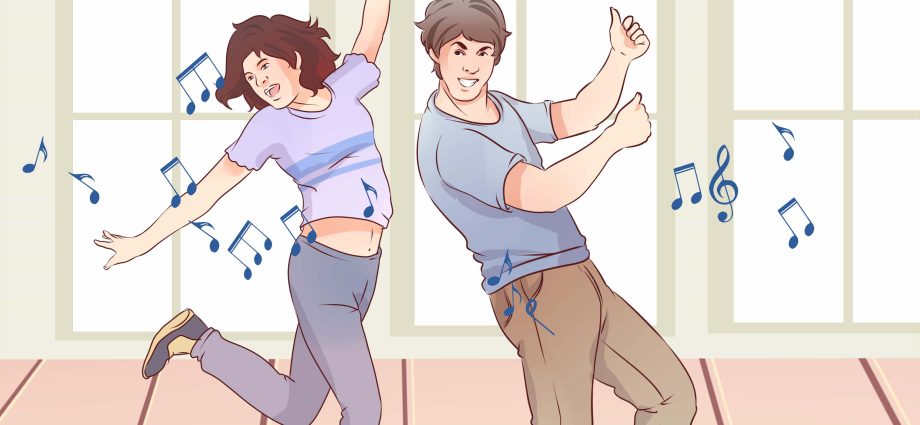Some women ask for forgiveness so often that others feel uncomfortable. Why do they do it: out of politeness or constant guilt? The reasons for this behavior are different, but in any case, it is necessary to get rid of it, says clinical psychologist Harriet Lerner.
“You have no idea what a colleague I have! I regret that I didn’t record it on the recorder, says Amy’s niece. “She’s always apologizing for nonsense that isn’t worth attention at all. It is impossible to talk to her, because when you have to repeat endlessly: “Well, you, everything is in order!” You forget what you wanted to say.
I represent very well. I have a friend who is so polite and delicate that she would have cracked her forehead. Recently, we were going to a small company in a restaurant, and while the waiter took the order, she managed to apologize four times: “Oh, sorry, did you want to sit by the window? I’m sorry I interrupted you. Please continue. Did I take your menu? So uncomfortable, I’m sorry. Excuse me, were you going to order something?”
We walk on a narrow sidewalk and our hips constantly collide, and she again — «sorry, sorry,» although I mostly push because I’m clumsy. I’m sure if one day I knock her down, she’ll get up and say, «I’m sorry, honey!»
I admit that this infuriates me, since I grew up in bustling Brooklyn, and she grew up in the prim South, where they believe that a true lady should always leave half a serving on her plate. Each of her apologies sounds so courteous that you involuntarily think that she graduated from the school of refined manners. Maybe someone is impressed by such refined courtesy, but, in my opinion, this is too much.
It’s hard to know what you want when every request comes with a flood of apologies.
Where does the habit of apologizing come from? Women of my generation tend to feel guilty if they suddenly did not please someone. We are ready to answer for everything in the world, even for bad weather. As comedian Amy Poehler remarked, “It takes years before a woman learns how to feel guilty.”
I have been involved in the topic of apology for more than ten years, and I will argue that there are specific reasons for being overly nice. It can be a reflection of low self-esteem, an exaggerated sense of duty, an unconscious desire to avoid criticism or condemnation — usually without any reason. Sometimes this is a desire to appease and please, primitive shame or an attempt to emphasize good manners.
On the other hand, endless «sorry» can be purely reflex — the so-called verbal tic, which developed in a shy little girl and gradually developed into involuntary «hiccups».
To fix something, you don’t have to figure out why it broke. If you’re apologizing every step of the way, slow down. If you forgot to return your friend’s lunch box, it’s okay, don’t beg her for forgiveness like you ran over her kitten. Excessive delicacy repels and interferes with normal communication. Sooner or later, she will begin to annoy people she knows, and in general it is difficult to understand what you want if every request is accompanied by a stream of apologies.
Of course, one must be able to ask for forgiveness from the heart. But when politeness develops into obsequiousness, it looks pitiful for both women and men.
Author — Harriet Lerner, clinical psychologist, psychotherapist, specialist in women’s psychology and family relations, author of the books “Dance of Anger”, “It’s Complicated. How to Save a Relationship When You’re Angry, Resentful, or Desperate» and others.










